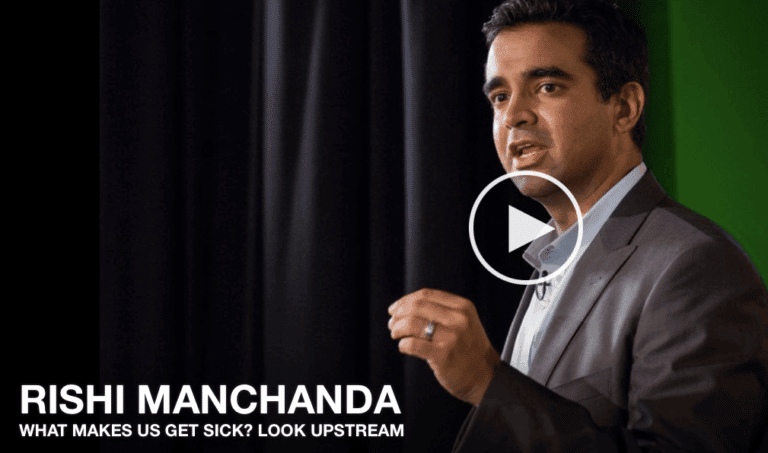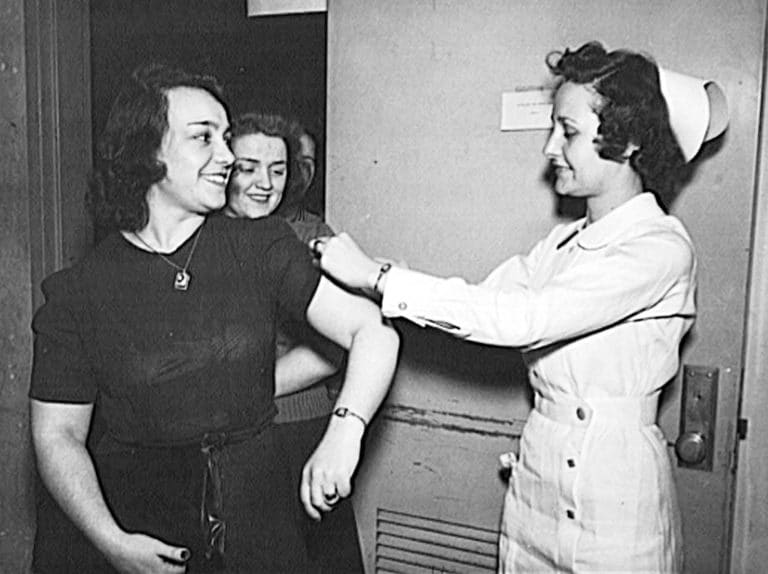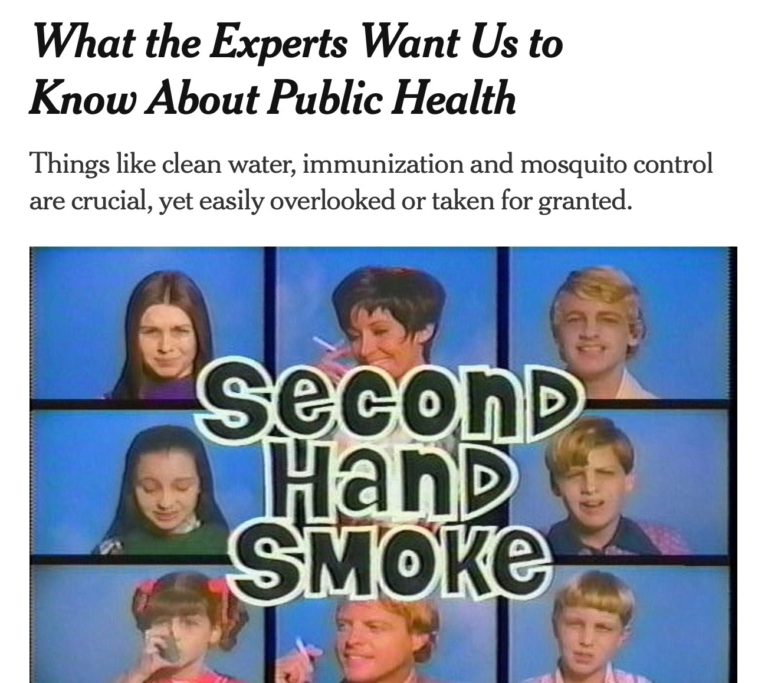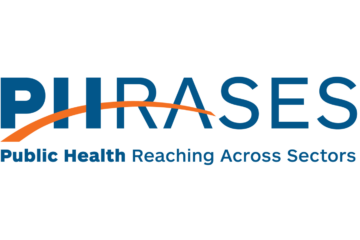 It’s a common question — what is public health? All too often, the answer focuses on what it is not. It’s not healthcare. It’s not health insurance. Other times, the question may be answered with a list of examples — like vaccine awareness, car safety, or clean water campaigns. We may hear about the importance of public health on the news during emergencies or disasters, like a water crisis or a measles outbreak.
It’s a common question — what is public health? All too often, the answer focuses on what it is not. It’s not healthcare. It’s not health insurance. Other times, the question may be answered with a list of examples — like vaccine awareness, car safety, or clean water campaigns. We may hear about the importance of public health on the news during emergencies or disasters, like a water crisis or a measles outbreak.
Basically, while healthcare focuses on treating individuals who are sick, public health addresses the needs of a population — such a community, a state, a nation, or even the world. And while public health responds to disease outbreaks, natural disasters, and environmental threats, its focus is on prevention — creating conditions where people can achieve their best possible health.
As an organization that has invested in public health since our founding in 1998, de Beaumont has identified this lack of understanding as a problem that keeps our nation focused on costly medical interventions instead of building healthy communities and preventing disease. If public health professionals can’t effectively communicate about their work and their impact, it will be difficult to form partnerships and build credibility in the communities they serve. Many of our initiatives, including PHRASES, are intended to provide tools to help public health professionals communicate effectively so they can build awareness of and support for their important work.
The nature of public health intersects with many other fields, because about 80 percent of a person’s overall health is shaped by social and environmental factors like housing stability and quality, food, and access to parks and public transportation. Only 20 percent is affected by direct medical services like doctor visits and treatments. Yet, the lion’s share of efforts, initiative, and invested dollars in the health system still focus on pills and procedures rather than policies and partnerships.








